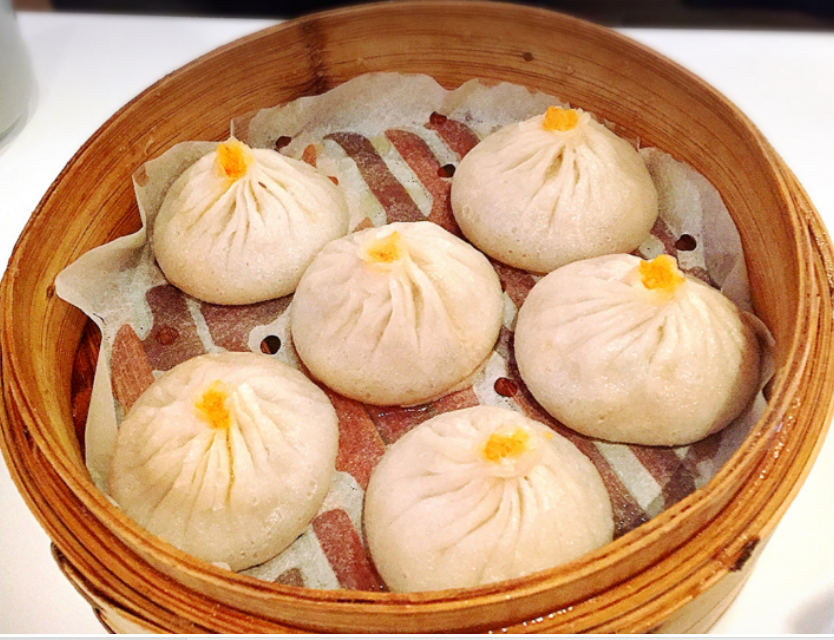Introduction: For individuals following a gluten-free diet, dining out can be a culinary challenge, often requiring careful consideration of ingredients and preparation methods. Dim sum, a revered tradition in Chinese cuisine, offers a sumptuous array of small, flavorful dishes. However, the question remains: Is dim sum a gluten-free option?
Understanding Gluten in Dim Sum: Dim sum, known for its diversity of dishes, predominantly features items that contain wheat-based wrappers, such as dumplings, buns, and pastries. These wheat-based components pose challenges for those with gluten sensitivities or celiac disease, making it crucial for gluten-free diners to approach dim sum with caution.
Gluten-Free Dim Sum Alternatives: While many traditional dim sum offerings may contain gluten, there are still delectable options available for gluten-free diners. Steamed dishes like rice rolls, rice-based dumplings, and stir-fried or braised vegetable dishes often do not contain gluten and can be enjoyed safely.
Navigating Dim Sum Restaurants: When dining at a dim sum restaurant, it’s important for gluten-free individuals to communicate their dietary needs clearly to the waitstaff. In some cases, restaurants may be able to accommodate gluten-free requests by offering modified versions of certain dishes or recommending suitable alternatives.
Homemade and Specialized Dim Sum: For those passionate about dim sum and dedicated to a gluten-free lifestyle, consider creating homemade gluten-free dim sum variations using alternative flours, such as rice flour or tapioca starch. Additionally, some specialized restaurants and chefs are adapting traditional dim sum recipes to suit gluten-free diets, providing more inclusive dining options.
Maintaining Awareness and Caution: Due to the potential for cross-contamination in restaurant kitchens, gluten-free diners should maintain a heightened awareness of food preparation methods to ensure their safety. It’s advisable to inquire about specific ingredients, cooking techniques, and potential cross-contact with gluten-containing items.
Final Thoughts: While dim sum presents challenges for gluten-free diners due to its reliance on wheat-based components, there are still opportunities to savor this beloved cuisine. With mindful selection, clear communication, and an understanding of suitable alternatives, individuals adhering to a gluten-free diet can still partake in the communal joy of dim sum dining, albeit with added caution and consideration.
Conclusion: Ultimately, dim sum may not be inherently gluten-free, but with attentiveness and proactive communication, gluten-free diners can still relish the distinct flavors and convivial atmosphere that dim sum dining offers. With a thoughtful approach, dim sum can be navigated to accommodate a gluten-free lifestyle, ensuring that all enthusiasts of Chinese cuisine can partake in this cherished culinary tradition.






